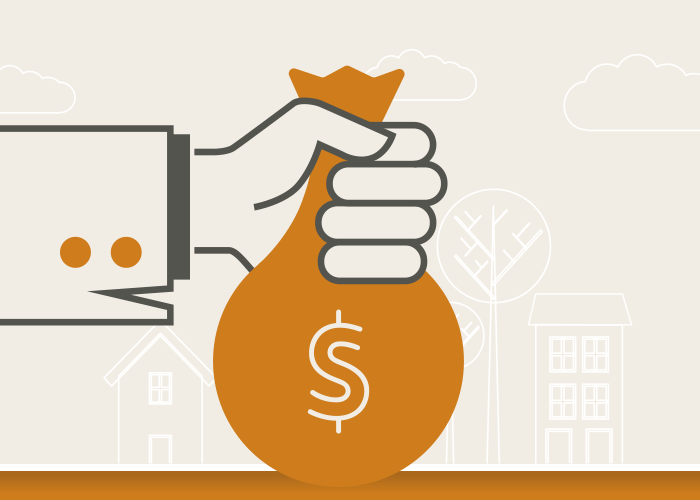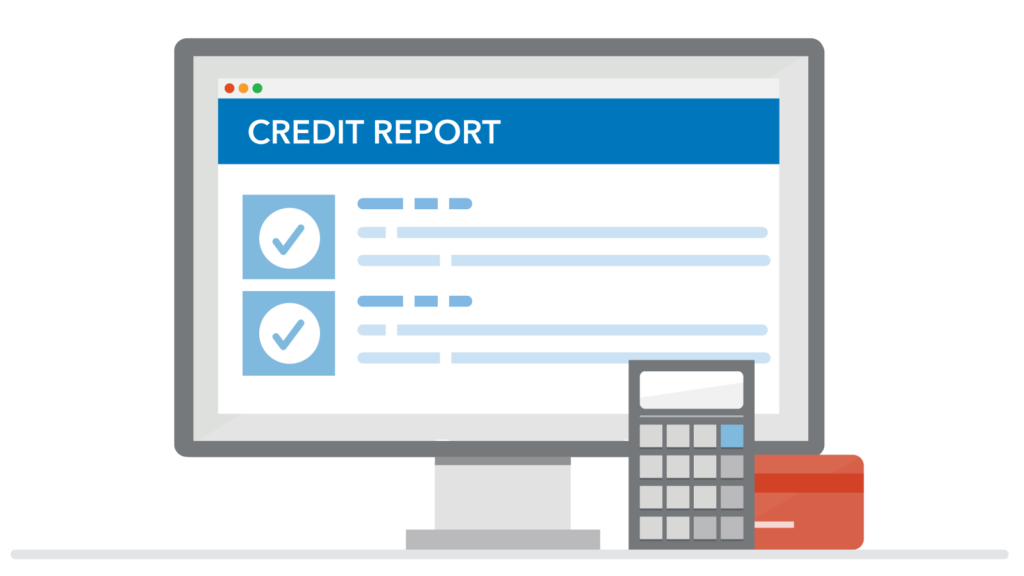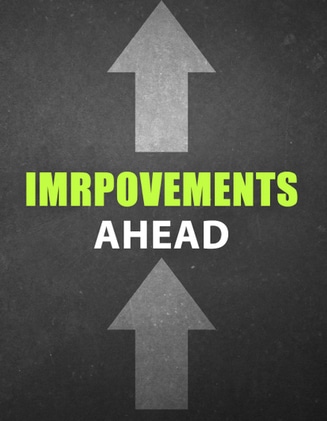Bankruptcies reporting on your credit reports may cause substantial negative issues to your credit scores, or it may actually increase your score.
But, if you file a chapter 7, it’s very important to make sure that the creditors that were discharged in your bankruptcy are reporting correct information in your credit reports.
According to the FCRA, accounts that were discharged in chapter 7;
- Cannot report any late payments in the payment history.
- Cannot report past due balances. (Balances should be $0)
- Cannot report statuses of collection, charge-off, past due, etc…. (Status should be “Included in Bankruptcy”)
If one account is reporting incorrect information, even something as small as a 30-day late payment, your credit scores may drop into the mid-500s instead of being in the mid-600s.
One small discreprency can cost you 100 points and the opportunity to start establishing credit by opening up a small credit card.
This is why it is so important that you check your credit reports a few months after you discharge your chapter 7 and look for any inaccuraccies.
If you find incorrect information reporting in your credit reports you will want to adress those issues as soon as possible.
You can contact the credit furnishers and the credit bureaus to resolve any issues.
Or you can hire a credit repair agency like CreditFirm.net to make sure that your credit reports are reporting everything correctly as they should and address any incorrect compliance issues to get everything reporting correctly.
Now, let’s address the elephant in the room.
Most people want to know whether we can delete a bankruptcy from their credit reports so they don’t have to wait the full 7 to 10 years for the account to fall off itself.
The answer is that according to the law, the only information that can be removed from a credit report is information that is inaccurate, incomplete, unverifiable, or out of compliance with the law.
We can work on trying to delete the bankruptcy by initiating investigations with the credit reporting agencies (Experian, Equifax, TransUnion), completing procedural compliance verification, validating the bankruptcy with Lexis Nexis and LCI, requesting documents corroborating the information reporting in the public record, etc… and if any information is inaccurate or out of compliance, the bankruptcy can be deleted but, if everything is reporting 100% correctly and in compliance with the law, the account will not be deleted.
CreditFirm.net has helped tens of thousands of clients improve their credit scores after bankruptcies and even removed thousands of bankruptcies from our clients credit reports due to non-compliance issues.
If you have a bankruptcy reporting in your credit reports contact CreditFirm.net to find out how we can help fix your credit and improve your credit scores.








